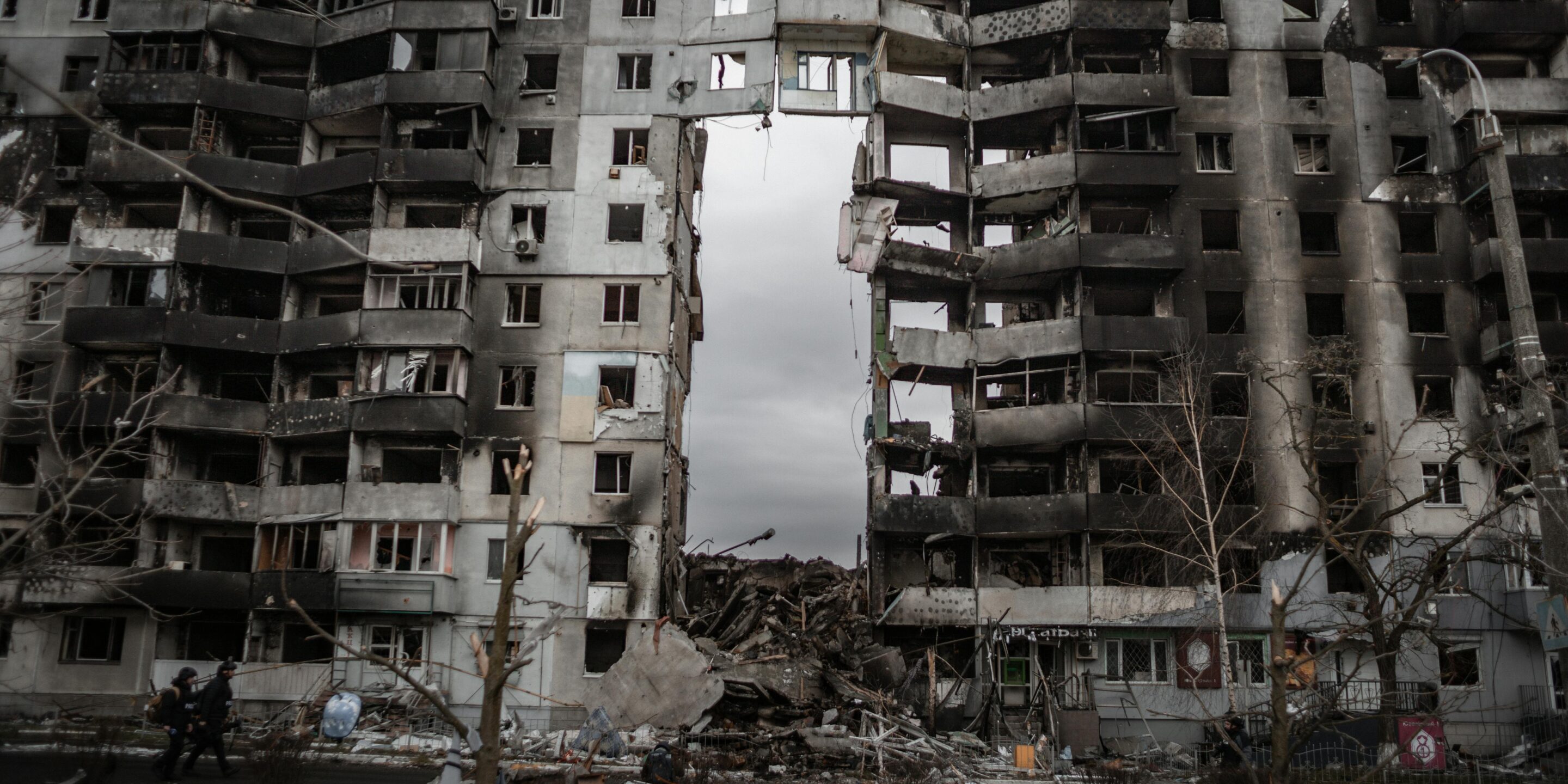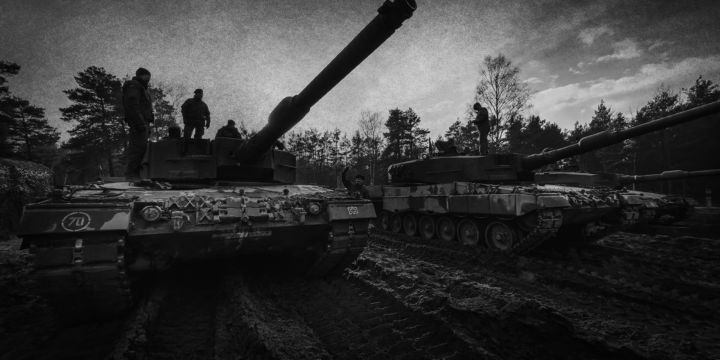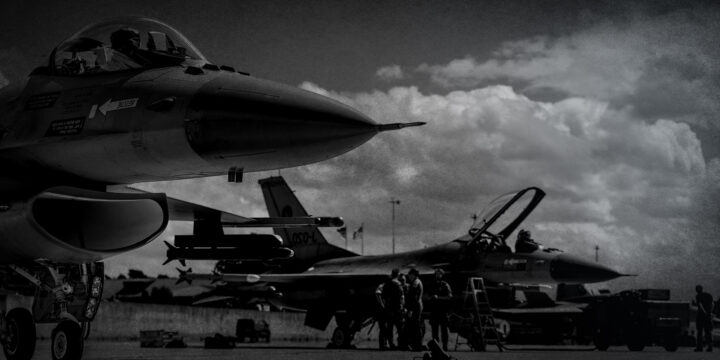April 13, 2025
Ukraine partition plan won’t bring peace

US Special Envoy for Ukraine Keith Kellogg, though not a central figure in American efforts to end the war with Russia, has nonetheless made a new proposal with the intention of jumpstarting stalled peace negotiations: partitioning Ukraine “almost like Berlin after World War Two”.
Kellogg later clarified that his blueprint would split the country into three “zones of responsibility” rather than separate states, but the plan will still be a non-starter for both Kyiv and Moscow. Far from advancing peace talks, this proposal is more likely to derail them, driving both Russia and Ukraine away from a bargaining process that seems increasingly likely to give them a bad deal.
As he explained it to The Times, Kellogg’s plan sounds simple enough. After a ceasefire, Ukraine would be divided into an eastern region controlled by Moscow, comprising the territory Russia currently occupies; a middle region secured by Ukraine alone, stretching from the edge of the Russian zone to the Dnipro River; and a region west of the Dnipro, protected jointly by Ukraine and a reassurance force made up of British and French soldiers.
Though Kyiv might appreciate Kellogg’s inclusion of a European reassurance force, it will find the plan’s other conditions unacceptable. First, partitioning or dividing Ukraine into official zones of responsibility would explicitly recognise Russian jurisdiction over the Ukrainian territory it currently occupies. Although Ukrainian President Volodymyr Zelensky has signalled a willingness to accept Moscow’s temporary control of this land, Kellogg’s proposal goes further, offering the Kremlin what amounts to formal US acceptance of potentially permanent Russian dominion over the region. This crosses a key red line for Ukraine.
More on Europe

Featuring Jennifer Kavanagh
October 24, 2025

Featuring Jennifer Kavanagh
October 23, 2025

Featuring Jennifer Kavanagh
October 18, 2025
Events on Ukraine-Russia






